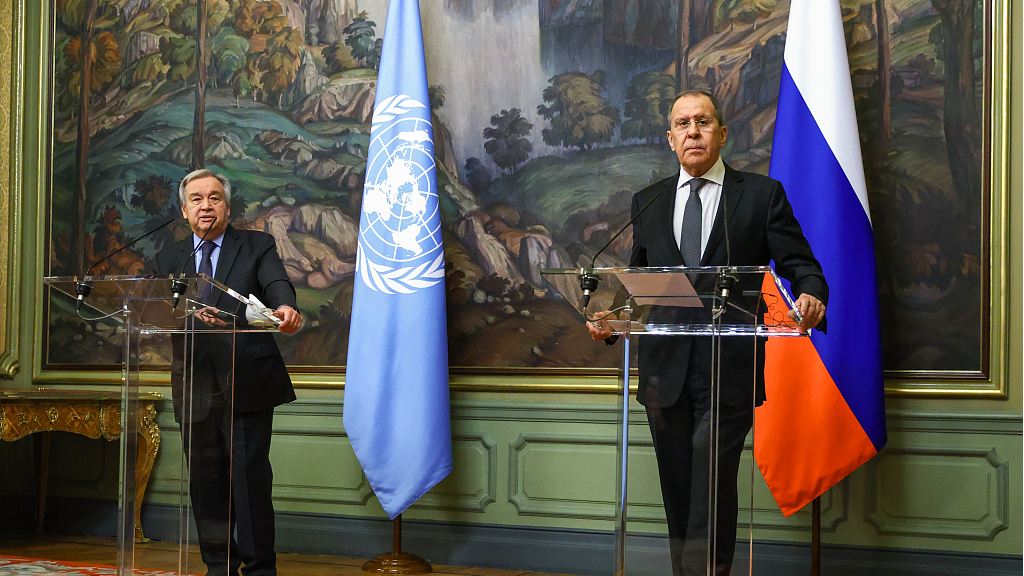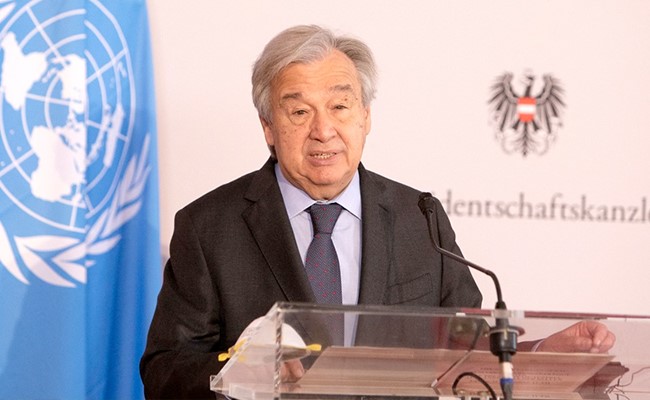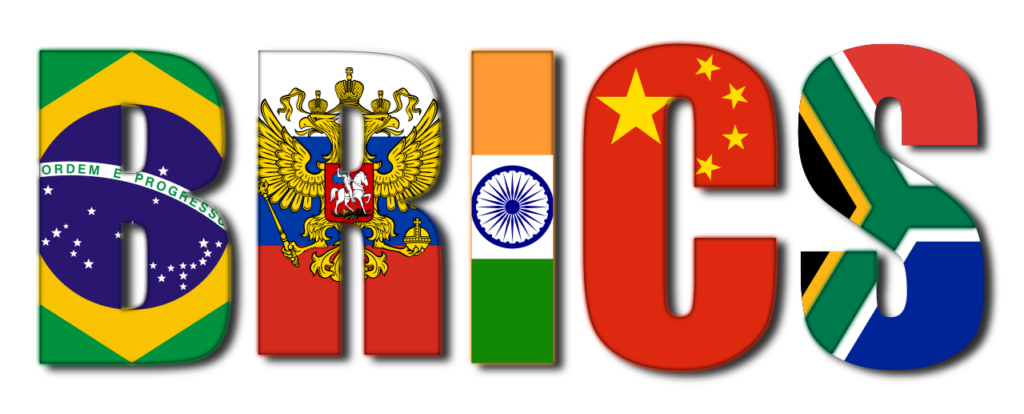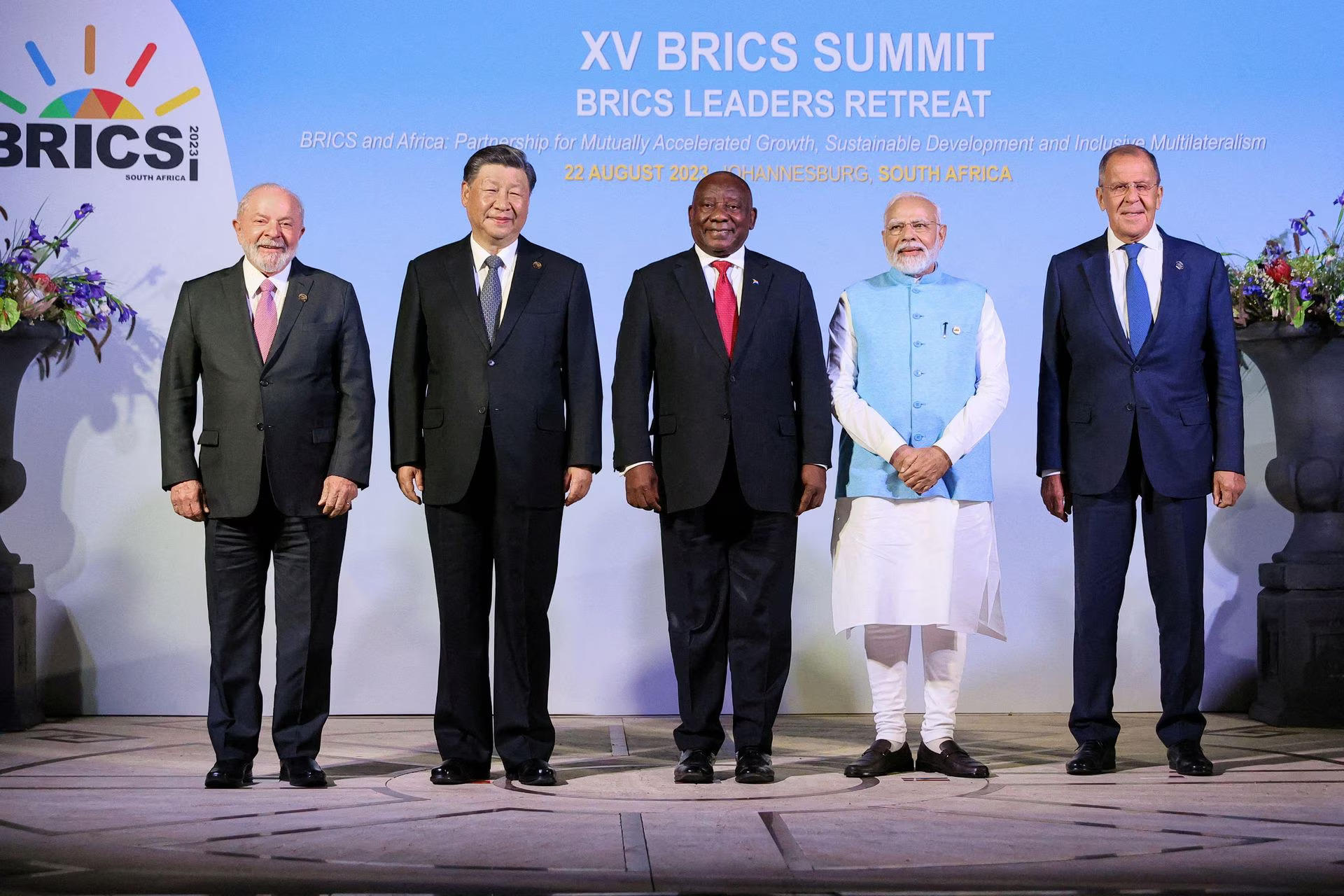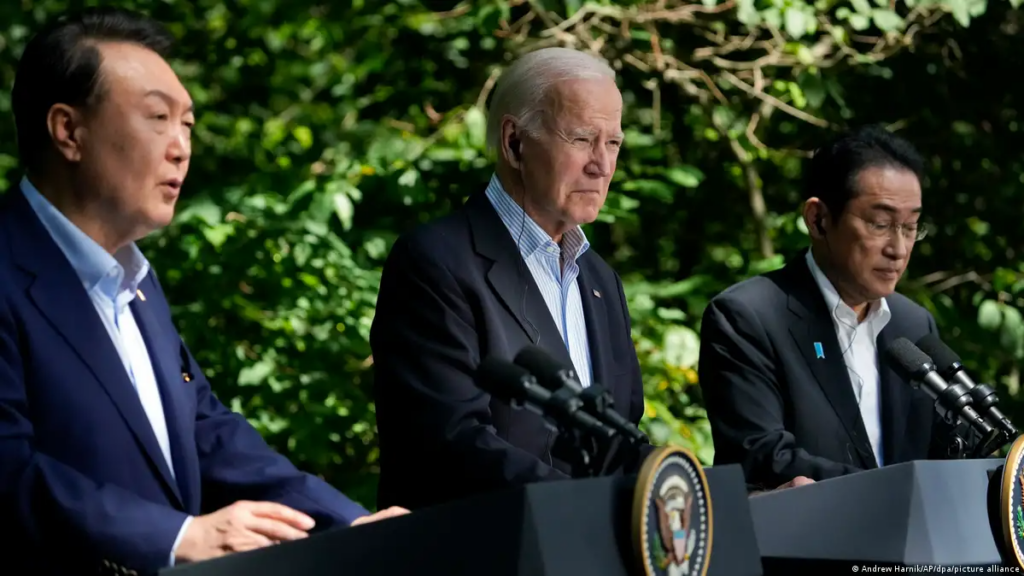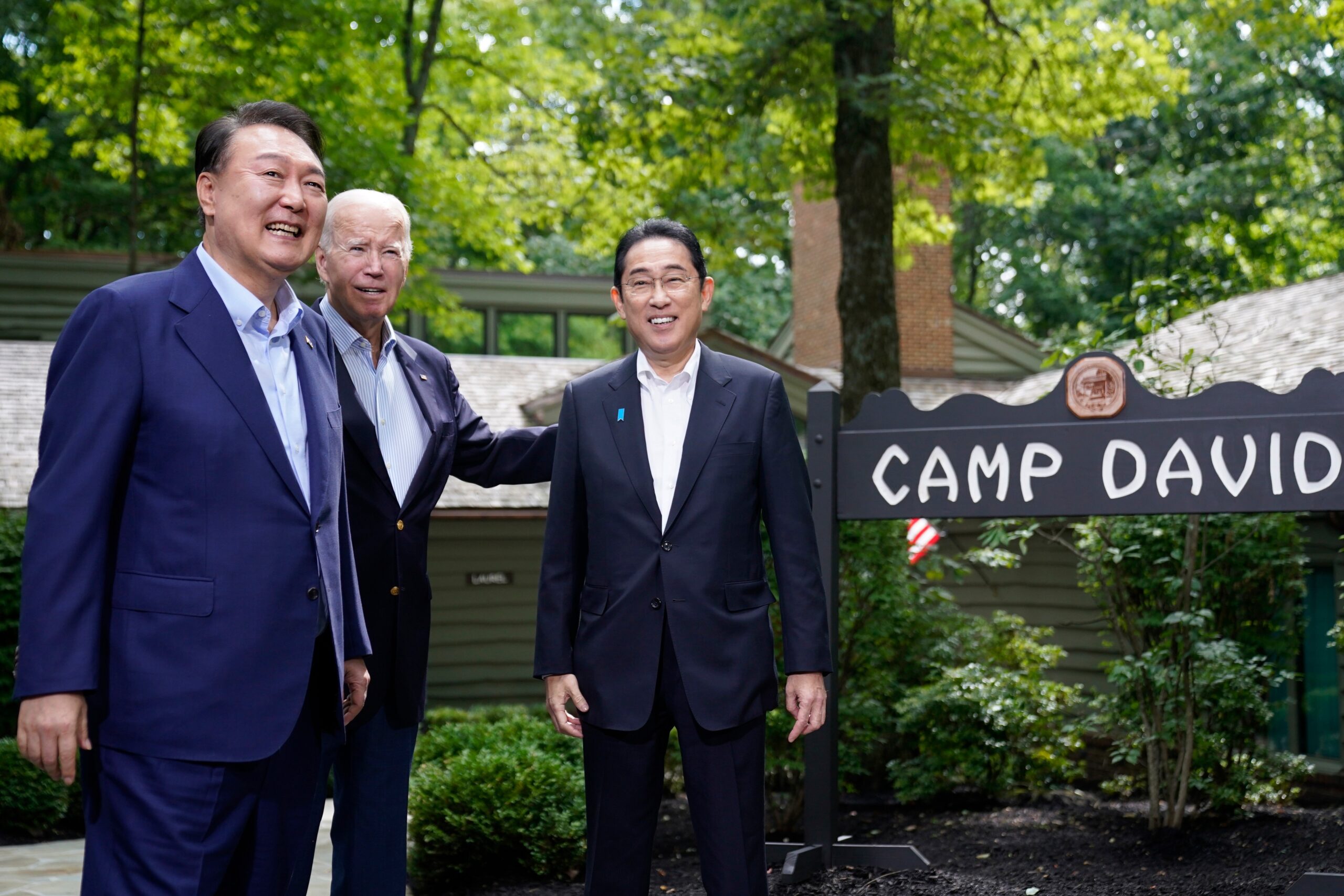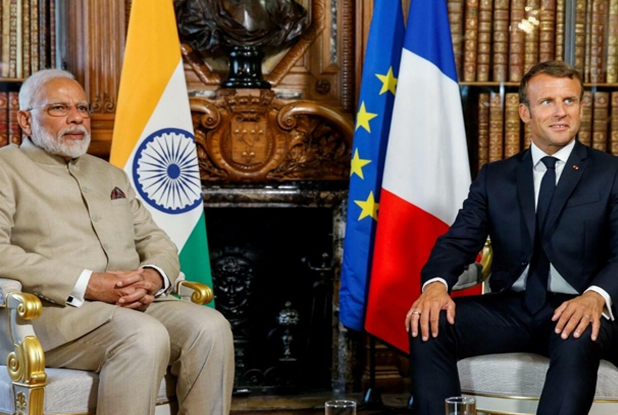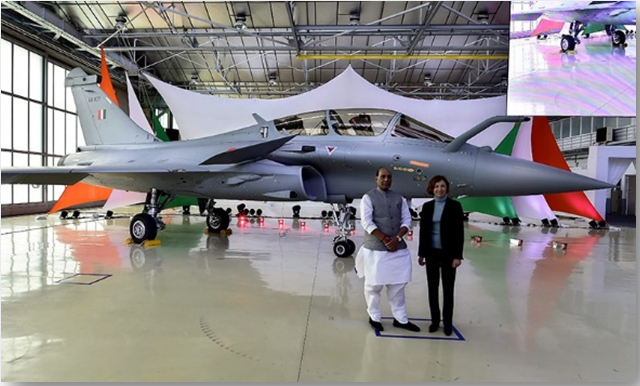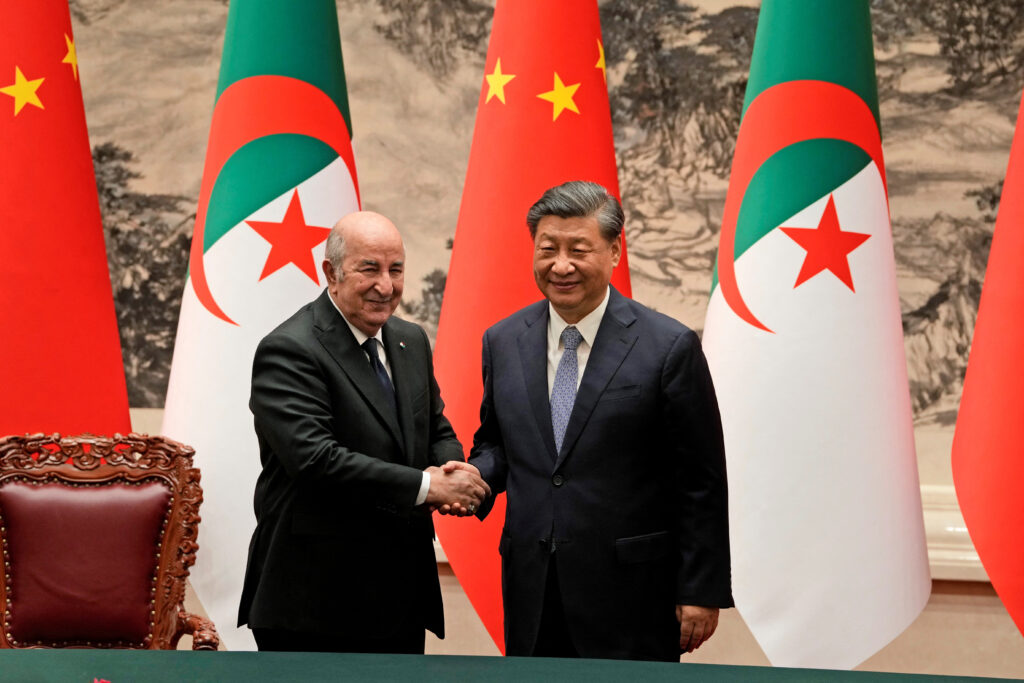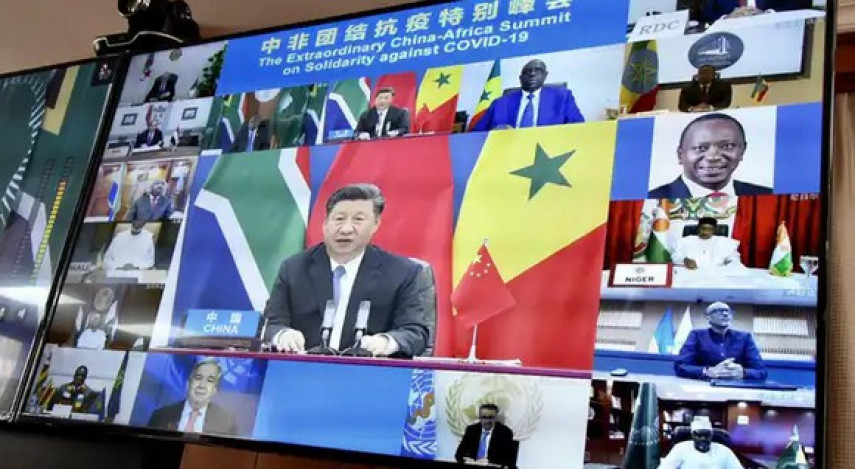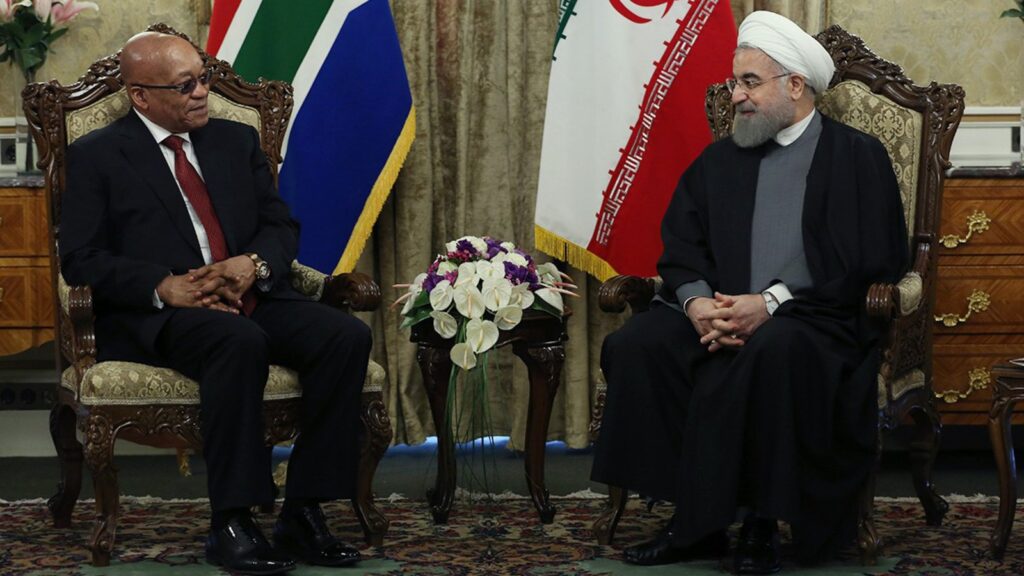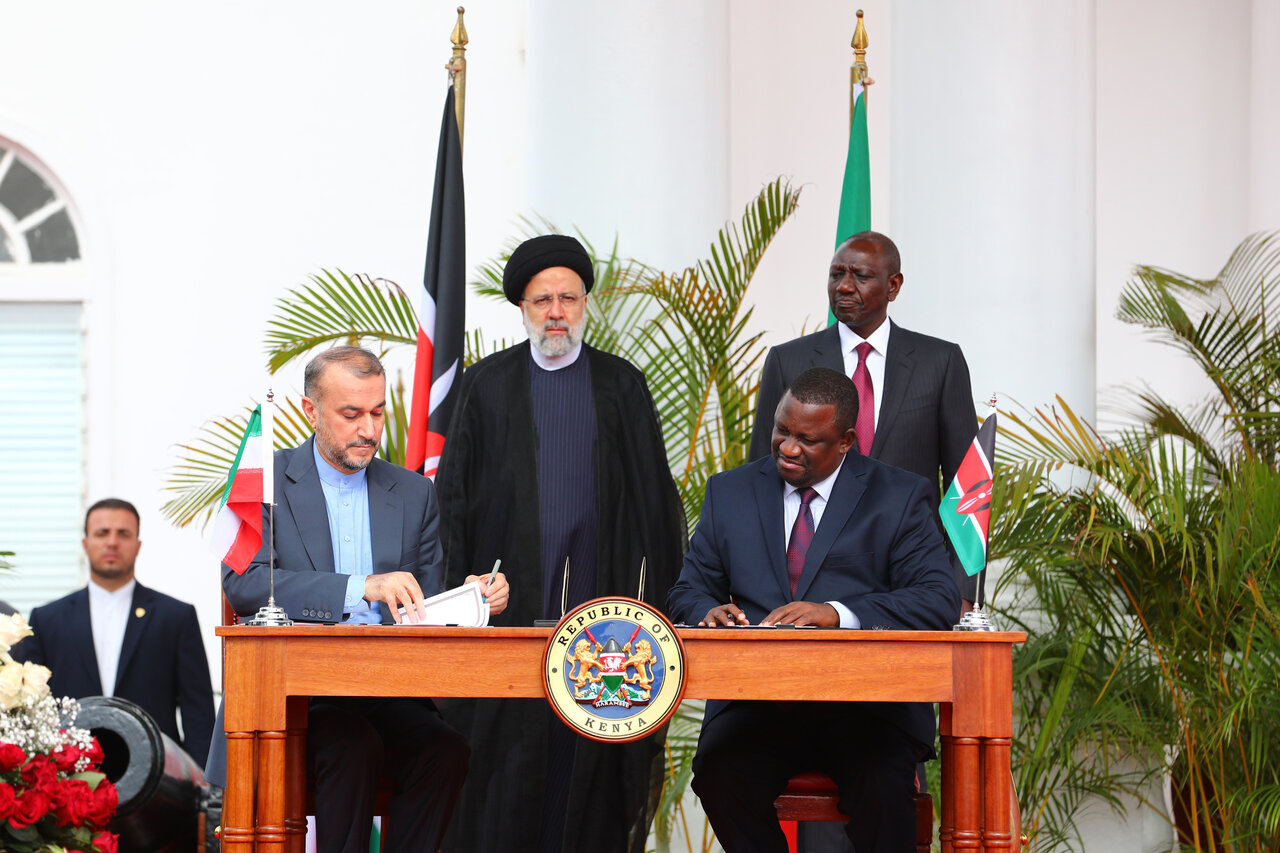Israel’s Long-Range Strikes Drill in Greece
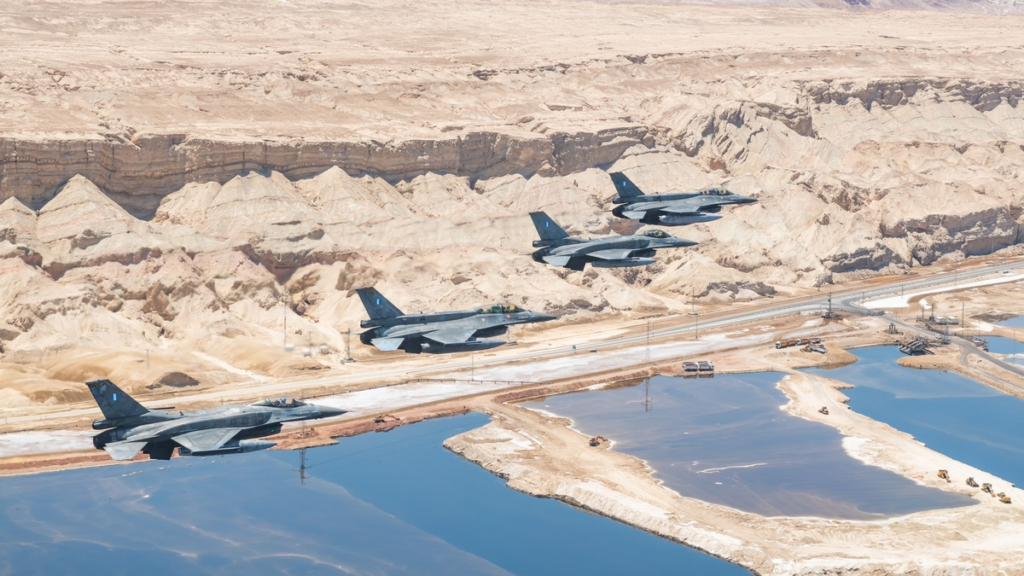
On September 13, 2023, the Israeli Air Force (IAF) conducted a significant long-range strike drill in Greece in preparation for a potential attack on Iran and its nuclear facilities. This drill was the most recent in a series of such exercises. The two-day long joint exercise between the Israeli military and the Hellenic Air Force of Greece involved low-altitude and long-distance flights, aerial refueling, as well as the use of live ammunition, according to the Israeli military. During the drill, the Israel Defense Forces claimed that dozens of fighter airplanes, spy planes, and refueling aircraft flew thousands of kilometers between Israel and Greece. According to the Times of Israeli, the drill had two main objectives. The first one was cooperation with Greece that includes learning from one another whereas, improving IAF readiness was the second goal, while coping with extremely complex challenges such as long-distance flights, weather difficulties, and a lack of intelligence.
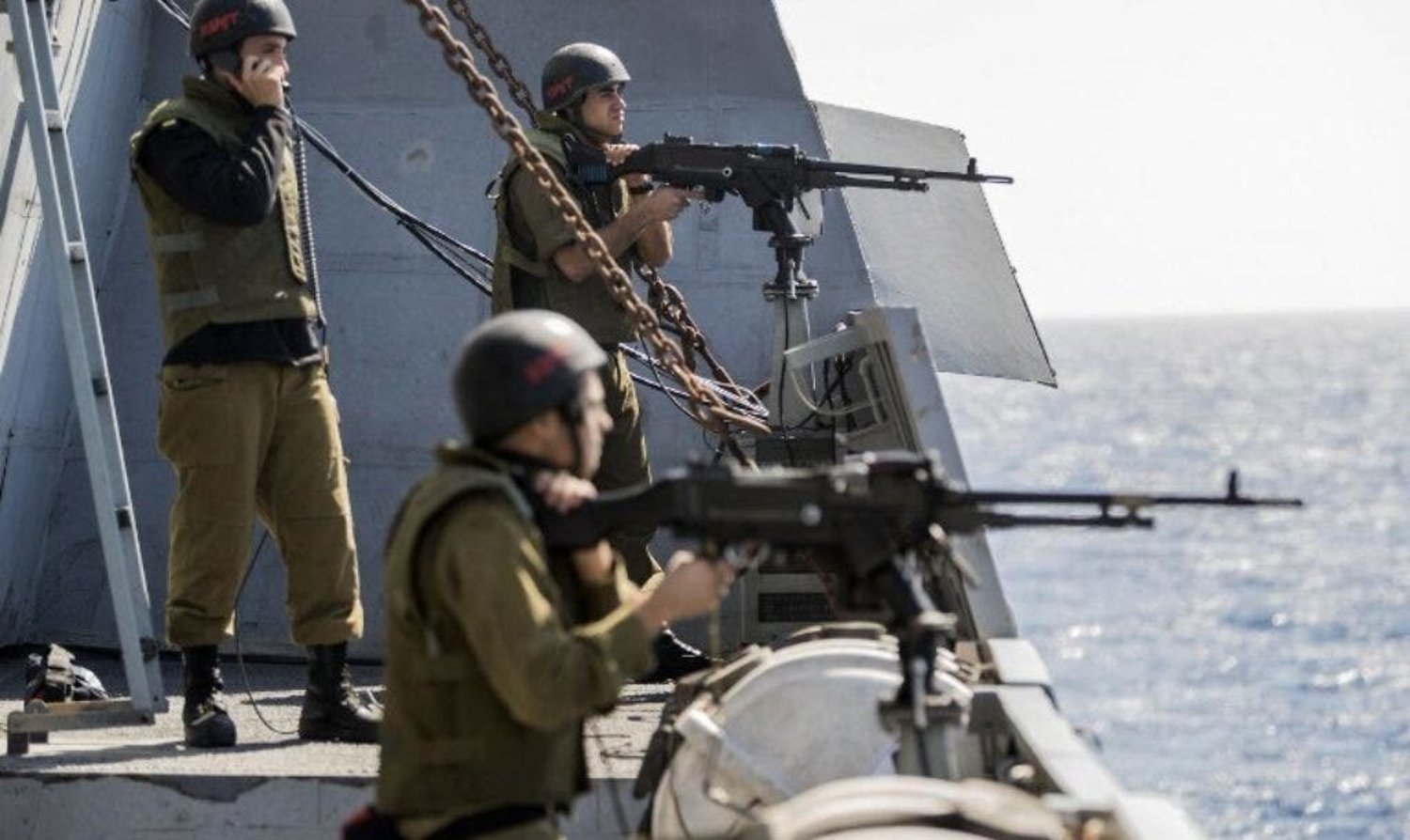 The Israel Defense Forces (IDF) stated, “The exercise is one of a series of exercises and models carried out by the IAF in the past year. Their purpose is to improve operational and mental competence for long-range flights, refueling, attacks in the depth of enemy territory, and achieving air superiority.” The recent combined drill between Greece and Israel are evidence of the two nations’ expanding collaboration. This collaboration extends beyond joint exercises, Israel handed two M-346 advanced training aircraft to Greece in May, and Greece has contracted Elbit Systems of Israel to give virtual avionics for the M-346 aircraft as well as to establish an International Flight Training Center at 120 TW Kalamata in Greece. Earlier, in September 2023, the leaders of Cyprus and Greece met with Israeli Prime Minister Benjamin Netanyahu to discuss trilateral relations. This is yet another indication of how closely the three nations are working together. Israel, Greece, and Cyprus are working with an aim to cooperate in areas such as energy, military, economics, and academia and to improve the security in the region. In addition, the IDF is reportedly planning to conduct a series of significant joint military exercises with the United States in the upcoming months, as a message to Iran. Israel and Iran are bitter enemies and share hostile relations, both countries are locked in a threatening standoff and the situation is expected to deteriorate between them.
The Israel Defense Forces (IDF) stated, “The exercise is one of a series of exercises and models carried out by the IAF in the past year. Their purpose is to improve operational and mental competence for long-range flights, refueling, attacks in the depth of enemy territory, and achieving air superiority.” The recent combined drill between Greece and Israel are evidence of the two nations’ expanding collaboration. This collaboration extends beyond joint exercises, Israel handed two M-346 advanced training aircraft to Greece in May, and Greece has contracted Elbit Systems of Israel to give virtual avionics for the M-346 aircraft as well as to establish an International Flight Training Center at 120 TW Kalamata in Greece. Earlier, in September 2023, the leaders of Cyprus and Greece met with Israeli Prime Minister Benjamin Netanyahu to discuss trilateral relations. This is yet another indication of how closely the three nations are working together. Israel, Greece, and Cyprus are working with an aim to cooperate in areas such as energy, military, economics, and academia and to improve the security in the region. In addition, the IDF is reportedly planning to conduct a series of significant joint military exercises with the United States in the upcoming months, as a message to Iran. Israel and Iran are bitter enemies and share hostile relations, both countries are locked in a threatening standoff and the situation is expected to deteriorate between them.
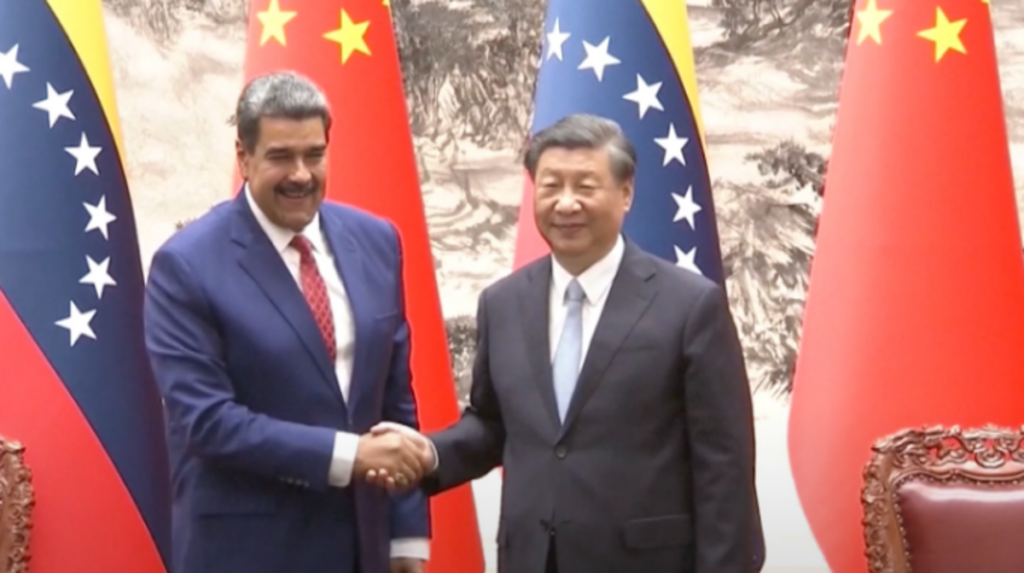
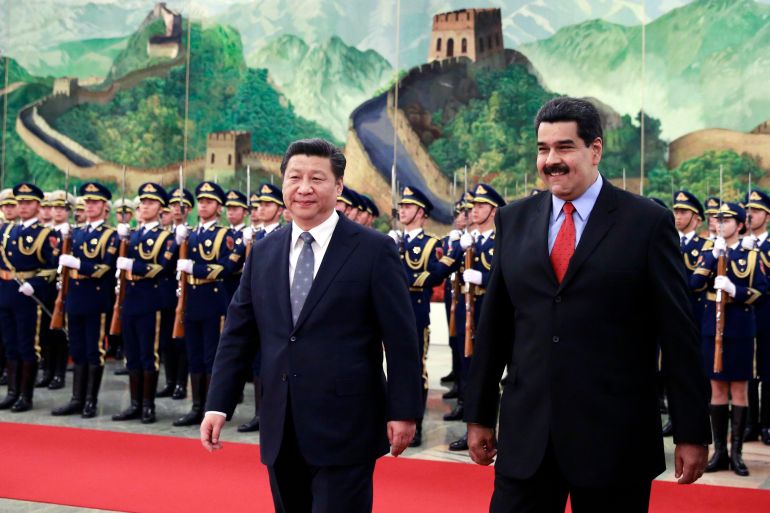
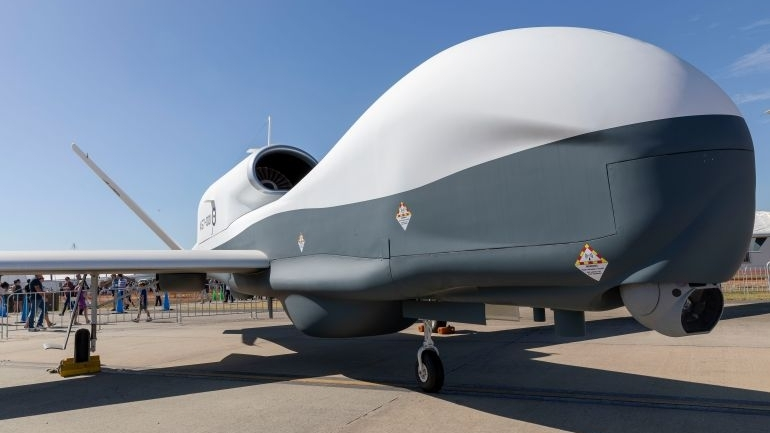
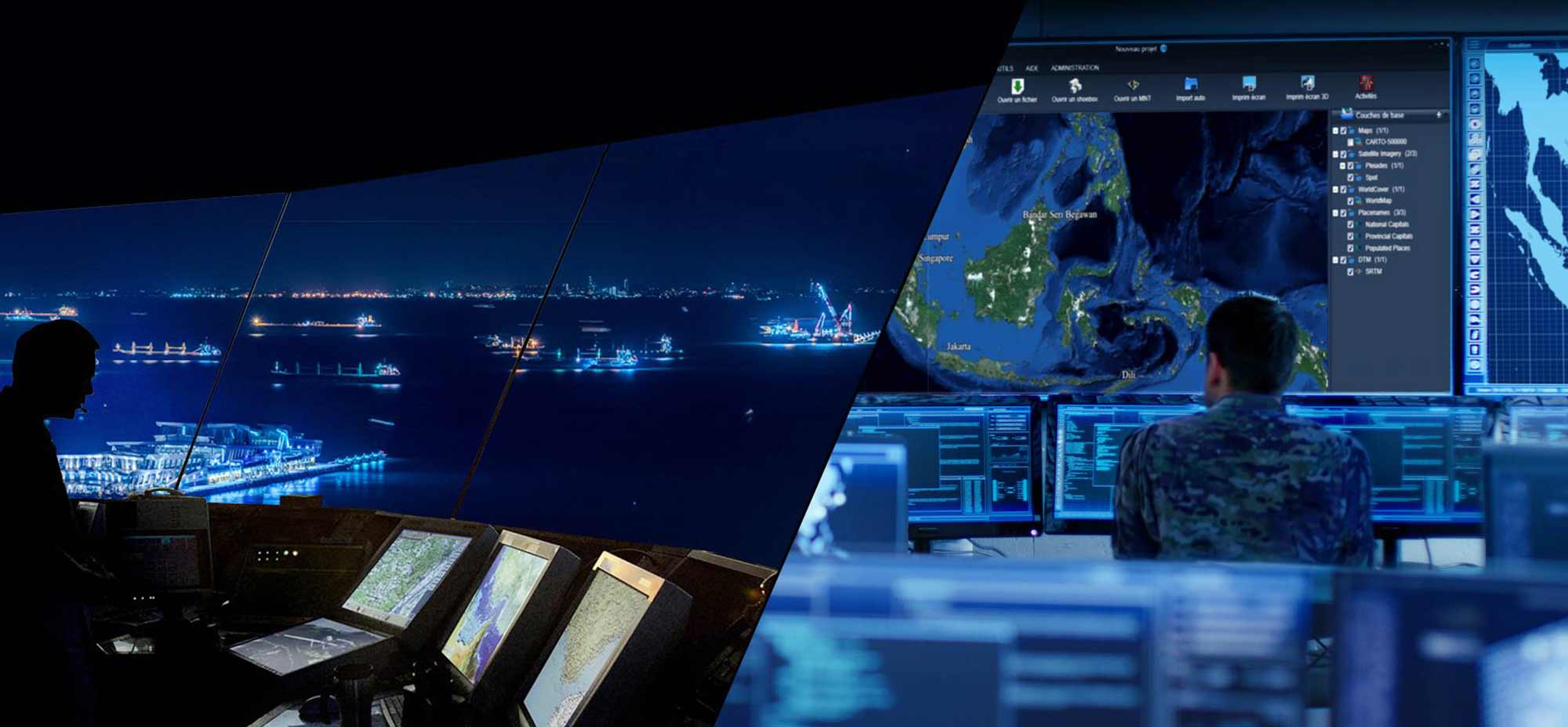 Significance of Maritime Surveillance for Australia
Significance of Maritime Surveillance for Australia